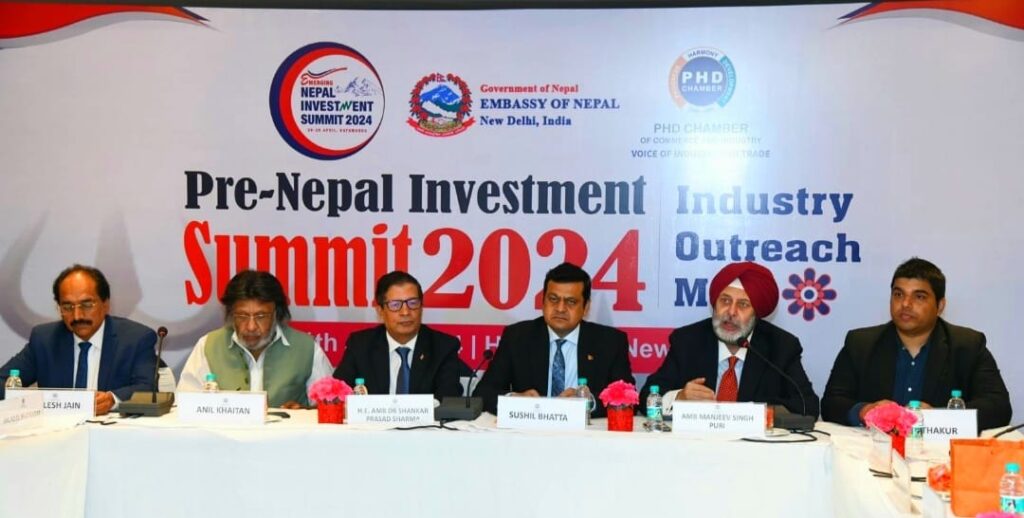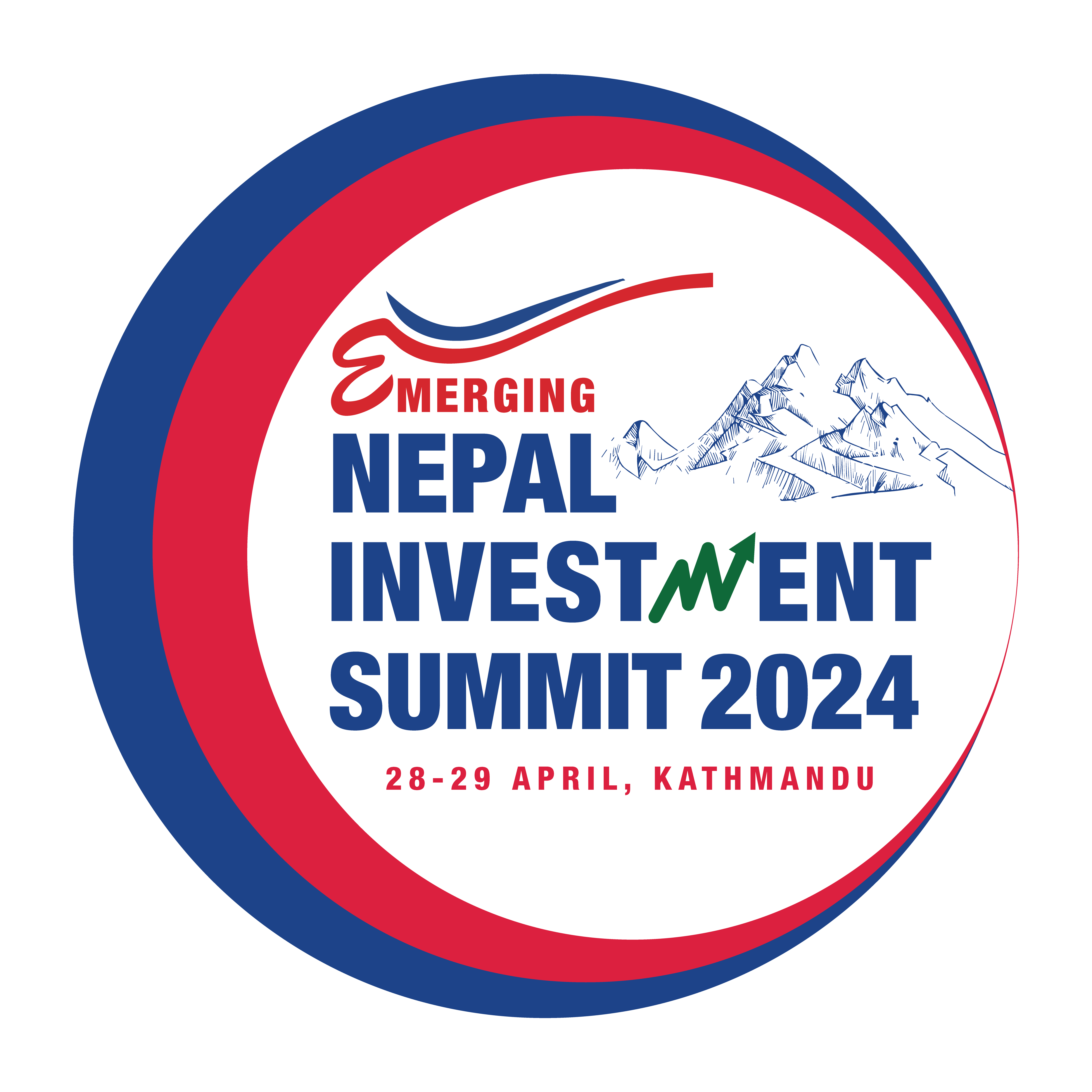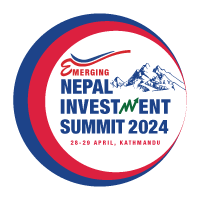Investment Board of Nepal Boosting Investment Climate

Established in 2011 under the Investment Board Act 2011, and later fortified with the introduction of the Public Private Partnership and Investment Act 2019, the Investment Board of Nepal (IBN) serves as a pivotal government body. It functions to facilitate Nepal’s economic development by fostering an investment-friendly environment and overseeing both domestic and foreign investments.
To bolster IBN’s effectiveness in providing quality service to investors, the Office of the Investment Board of Nepal (OIBN) has initiated various institutional reforms. Among these initiatives is the formulation of the Investment Board Strategic Plan and a five-year Business Plan (FY 2021-22-2025-26). This marks the first time such comprehensive plans have been put in place. The strategic goals for this period encompass approving a minimum of US$10 billion in investments, managing public-private partnership (PPP) projects totaling at least US$10 billion, creating employment opportunities for at least 100,000 individuals, enhancing Nepal’s investment climate, and positioning IBN as a PPP Center of Excellence.
In an exclusive discussion with The Interview World, Sushil Bhatta, Chief Executive Officer of the Office of the Investment Board of Nepal, Government of Nepal, sheds light on IBN’s efforts to cultivate an inviting ecosystem for the global business community. He also elaborates on their utilization of the upcoming Investment Summit and their strategy to instill confidence in investors. Here are the key insights from his interview.
Q: How does your offering contribute to the global business community and specifically benefit Nepal?
A: We’ve identified several sectors with significant potential, which we term transformative drivers: hydropower, agro-processing, tourism, and ICT. Nepal holds a comparative advantage, particularly in ICT.
In the ICT sector, Nepal benefits from a pool of young IT graduates with strong linguistic skills who have been achieving remarkable results. Additionally, other sectors such as health, education, and manufacturing are also noteworthy. Furthermore, we plan to highlight opportunities in mines and minerals, both for prospecting and extraction licenses.
The government has developed over 20 projects, structured for showcasing through a call of expression of interest, under the public-private partnership model. However, for direct investment, the private sector is best placed to recognize the potential of these sectors.
Regarding the market, we conduct thorough market studies. This includes not only Nepal’s robust domestic market of 30 million but also the possibility of export propositions. For instance, there could be opportunities to produce, package, brand, and export products to India.
We eagerly await serious potential investors to explore Nepal’s potential. Once they express interest, we’ll conduct proper due diligence promptly and proceed accordingly. We’re committed to facilitating the process efficiently.
Q: How do you plan to leverage the Investment Summit scheduled for April 28th and 29th, 2024, to attract foreign direct investment? Have you established specific targets or goals regarding the amount of FDI you aim to secure?
A: Honestly, summits serve a broader purpose than just investment. While showcasing Nepal’s potential is our primary objective, we also aim to highlight the attractiveness of the projects we’re presenting. Additionally, networking and demonstrating Nepal’s achievements across various sectors are crucial aspects of our agenda.
We eagerly await the interest these efforts will generate, which ultimately hinges on both our preparedness and the investors’ understanding of Nepal’s potential.
Speaking of targets, our planning commissions have formulated comprehensive reports that guide us. Through these reports, we’ve identified an average annual investment requirement of approximately US$25 billion. However, there remains a gap between this requirement and the actual investment. This gap varies across different sectors and requires a sector-specific approach to address effectively.
Q: How many other countries, besides India, are you reaching out to for participation in this summit?
A: We’re currently approaching our neighboring countries, with India emerging as a promising market, alongside Bangladesh and China. Additionally, there’s been considerable interest from Britain, particularly due to ongoing investments in green and clean projects, as well as climate finance initiatives. Moreover, several development financing institutions have expressed keen interest.
Efforts are being made to enhance project viability by offering concessional loans, ensuring that economically attractive projects, even if not commercially appealing to the private sector, can still move forward. Therefore, the role of these lenders and development financing institutions becomes crucial.
Their active engagement in this event is essential. Their participation will enrich the forum, facilitating fruitful collaborations. Indian developers, in particular, have been achieving remarkable feats, and this presents an opportunity for them to establish connections and rapport with these agencies.
Looking ahead, these relationships will prove invaluable for the development of projects in Nepal.
Q: What strategies or approaches can be employed to instill confidence in investors?
A: We aim to invest in becoming a part of the World Intellectual Property Organization (WIPO). This commitment reflects our dedication to adhering to international best practices. By doing so, we assure investors, lenders, and other stakeholders in the private investment ecosystem that we conduct business with prudence and due diligence.
Recently, I had a productive meeting with SBI leadership. Their confidence in expediting the financial closure of our significant project will have a catalytic effect on accelerating processes. This not only applies to our ideal scenarios but also our primary vendors, crucial for mapping out a sustainable implementation roadmap for projects.
Essentially, aligning these projects within a results-based framework will streamline processes while enhancing investor morale and confidence. The commencement of commercial operations for all these projects will bring these plans into tangible reality. This positive momentum will also lead to widespread acceptance of such projects among the general population. Ultimately, we will elevate investor confidence in our system.

Source: theinterview.world

